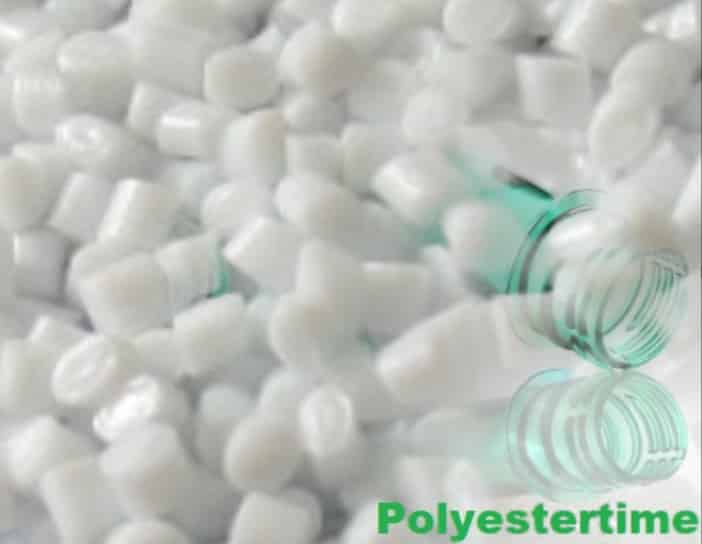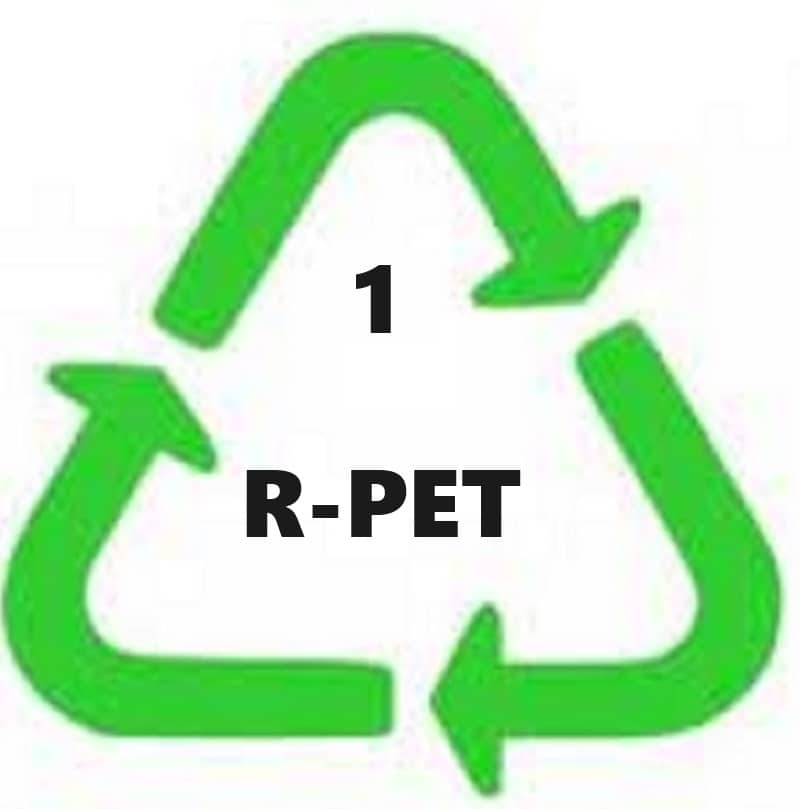Automotive – EU and Serbia sign strategic partnership on sustainable raw materials, battery value chains and electric vehicles 24-07-2024 - Arhive
Automotive
Crude Oil Prices Trend

Crude Oil Prices Trend by Polyestertime
Composite materials balance high potential with high costs
Composite materials are gaining significant momentum across various industries, particularly in aerospace, automotive, and offshore wind energy sectors. Renowned for their high strength, lightweight properties, and corrosion resistance, these materials offer compelling advantages.
However, experts caution that their development faces obstacles such as high production costs and complex recycling and reuse technologies. While market prospects are promising, Taiwan’s regulatory framework needs to evolve to support a viable commercial model. Automotive
According to Market Data Forecast, the composite materials market is poised for substantial growth. Valued at US$97.06 billion in 2023, it is projected to reach US$154.82 billion by 2028, with a compound annual growth rate (CAGR) of 9.6%.
The Materials and Chemical Research Laboratories at the Industrial Technology Research Institute identify aerospace, automotive, and wind energy as the primary markets for composite materials. Automotive
The automotive sector, in particular, is experiencing a shift towards electric vehicles (EVs), where lightweight and rapid hardening are becoming key trends. Innovations in this space include fast-curing resins, automated production lines, and low-cost carbon fiber materials.
Major automakers like Tesla, BMW, and Audi are incorporating composite materials into their electric and hybrid vehicles to enhance performance and range.

Credit: AFP
Defossilising the chemical industry: Role of chemical recycling
Sreeparna Das reports on the Renewable Materials Conference 2024 organised by nova-institute Automotive
Getting there, however, is easier said than done. Sreeparna Das provided reporting from the conference. Automotive
Finding alternative carbon sources

Invista: Chinese Engineer Admits to Information Theft
The textile group behind Lycra and Cordura has resolved a lawsuit against a Chinese engineer who misappropriated technical production methods during an Invista Chinese license project. The stolen information pertained to the use of purified terephthalic acid (PTA) in producing polyester-incorporated fabrics. Automotive
Following his dismissal by his Chinese employer, the engineer has acknowledged his wrongdoing and agreed to all conditions set by Invista. This includes a pledge never to work in any field where he could utilize the knowledge gained from Invista.
Mike Pickens, general manager of Invista Performance Technologies, stated, “Invista is dedicated to protecting our customers’ interests and their investments in our technology licenses. Automotive
We will continue to take necessary legal action—whether in China or elsewhere—to safeguard our intellectual property and the value it brings to our customers.”
This resolution underscores Invista’s commitment to maintaining the integrity and security of its proprietary technologies, ensuring that the investments of their customers are protected globally.

EU and Serbia sign strategic partnership on sustainable raw materials, battery value chains and electric vehicles
Today, the EU and the Republic of Serbia have signed a Memorandum of Understanding (MoU) launching a Strategic Partnership on sustainable raw materials, battery value chains and electric vehicles. Automotive
The Partnership aims to support the development of new local industries and high-quality jobs along the electric vehicle value chain in full respect of high environmental and social standards while addressing the concerns of local communities with full transparency.
The Partnership also provides the framework for a strong public-private multi-level engagement between the EU institutions and bodies, industrial actors, business associations, social partners, representatives of civil society, relevant ministries of interested Member States and Serbia, public organisations, financial institutions, and investors. Automotive
Executive Vice-President for the European Green Deal, Interinstitutional Relations and Foresight of the European Commission, Maroš Šefčovič, signed the MoU with the Minister of Mining and Energy of the Republic of Serbia, Dubravka Đedovič Handanović. The signing ceremony took place during the High-Level Summit on critical raw materials in Belgrade.
The Partnership builds on the Stabilisation and Association Agreement (‘SAA’) entered into force on 1 September 2013 and is in line with EU’s New Growth plan for the Western Balkans. It represents a building bloc in advancing Serbia’s integration within the EU’s single market, and further boosting its economic, social and environmental convergence with the EU. Automotive

European PET Market Enters July with Bold Bullish Trend Amidst Market Volatility
In the first half of July 2024, the European Polyethylene Terephthalate (PET) market saw mixed price movements. These weekly fluctuations were primarily driven by changes in purchasing sentiments and seasonal variations in downstream industries amidst supply disruptions coupled with logistical challenges. Additionally, feedstock market conditions played significant roles in influencing prices. Automotive
However, PET prices underwent a notable 4% surge from late June to early July, reflecting a complex interplay of factors reshaping market dynamics across the region. Central to this increase were heightened production costs, constrained availability, and resilient demand conditions. The rise in PET prices was directly influenced by a 2.6% increase in the cost of PTA (Purified Terephthalic Acid), a crucial feedstock for PET production. This uptick in PTA prices exerted upward pressure on overall PET production expenses. Adding to this, the maintenance shutdown at Indorama Ventures Plant in Rotterdam—operating at reduced capacity (50%) for 15 days starting July 1, 2024—further restricted PET supply, exacerbating market tightness. Automotive
Demand for PET remained robust throughout the region during this period. There was a clear preference for virgin PET over recycled PET, driven largely by the price disparity favoring virgin material.

Mass Market Shift in India’s Energy Drink Sector with Affordable PET Bottles
PepsiCo and Coca-Cola are reshaping India’s energy drink sector with affordable PET bottles, enhancing market accessibility, especially in rural areas. Automotive
Historically, energy drinks in India were considered premium, dominated by Red Bull since 2009. Metal cans were the preferred packaging for premium brands. In 2017, PepsiCo entered the market with Sting, priced at INR 50 per 250ml can, while Red Bull cost nearly double. Recognizing the need for affordability, PepsiCo introduced Sting in a 250ml PET bottle at INR 20 in 2020, making it more accessible.
Coca-Cola followed in 2022 with Thums Up Charged Berry Bolt, later rebranded as Charged, leveraging its Thums Up brand. Automotive
Both companies utilized extensive distribution networks to reach urban and rural consumers, contributing to a 97% CAGR growth in the off-trade energy drinks volume market from 2018-2023. Sting’s success was driven by strategic pricing and the use of PET bottles, which extended its reach and affordability. A partnership with Varun Beverages for bottling allowed cost control and mitigated price hikes during inflation, further enhancing Sting’s market penetration. Automotive
Macroeconomic factors emphasize affordability, with small pack sizes like 250ml PET bottles driving the market. India’s off-trade energy drink consumption is 0.4 litres per capita, compared to 2.1 litres globally, indicating growth potential. As PepsiCo and Coca-Cola focus on economies of scale, Monster Energy is also set to introduce a budget-friendly option. PET bottle usage is expected to grow, supported by circular economy initiatives. Varun Beverages, PepsiCo’s bottler, and Coca-Cola have launched PET recycling programs, reinforcing PET’s significance in the Indian soft drinks industry. Automotive

Automotive
